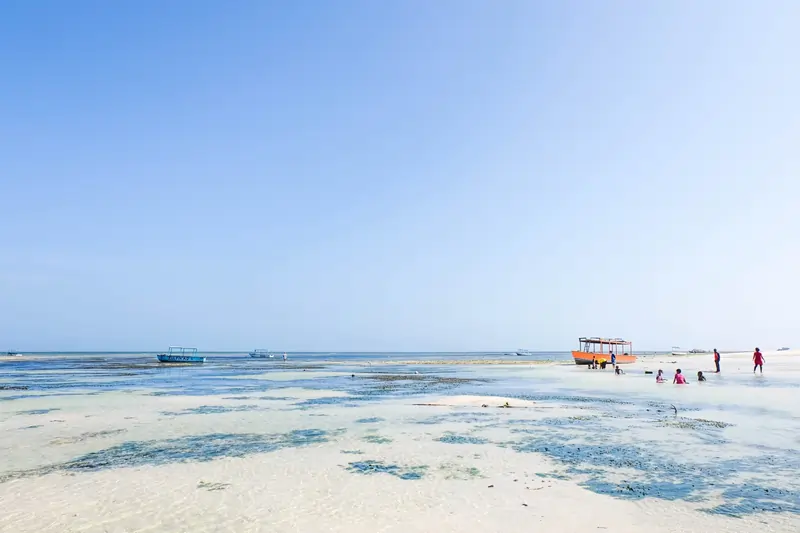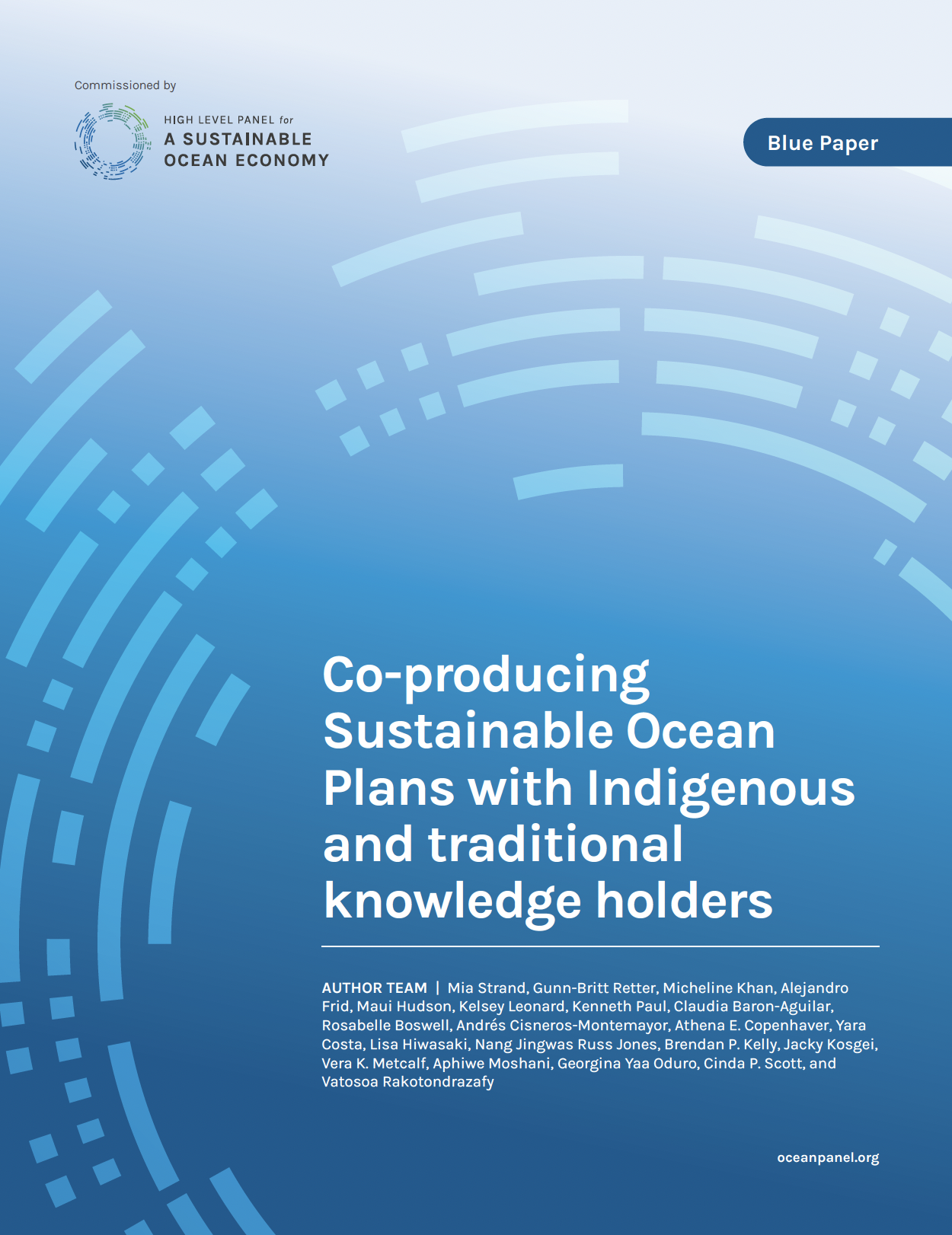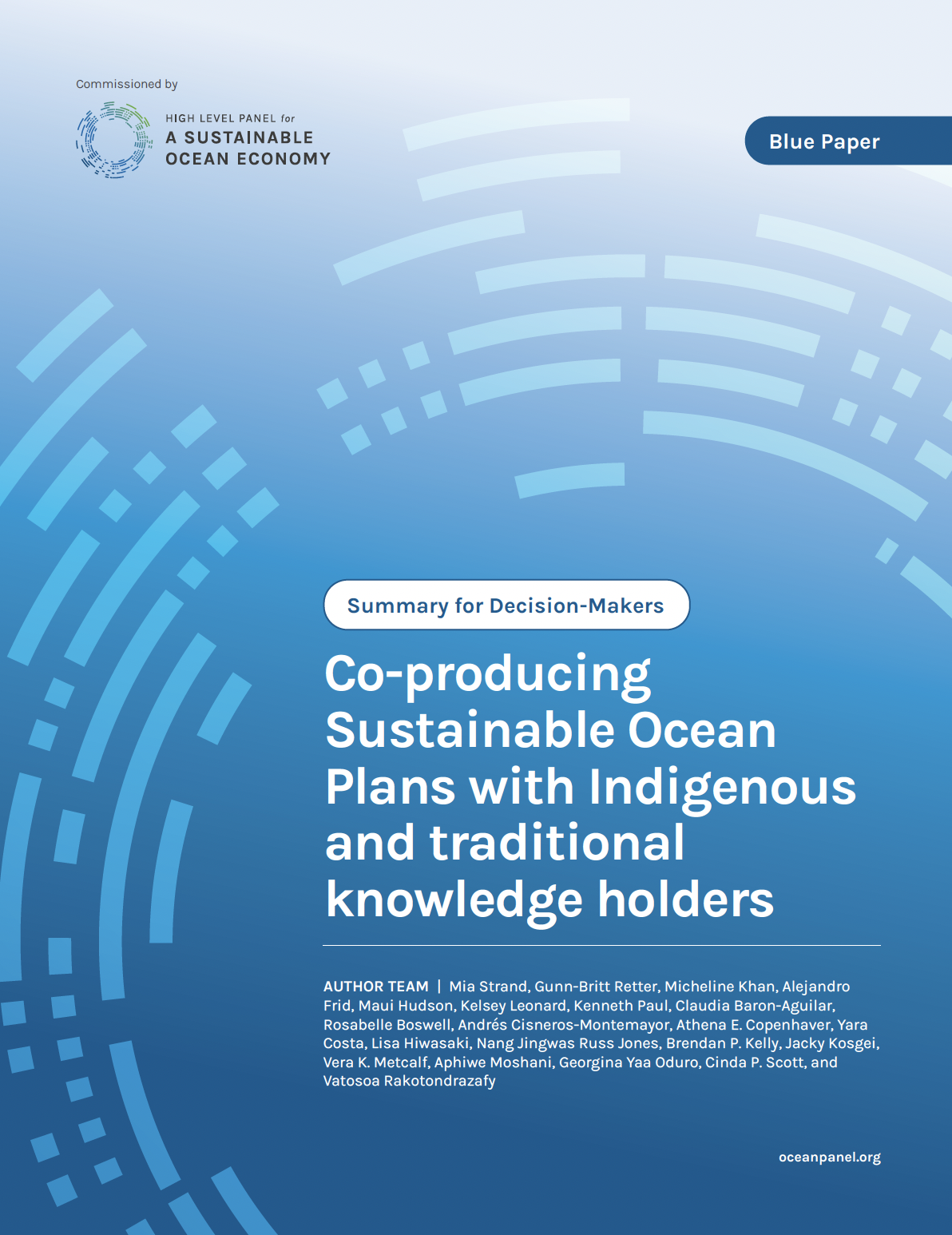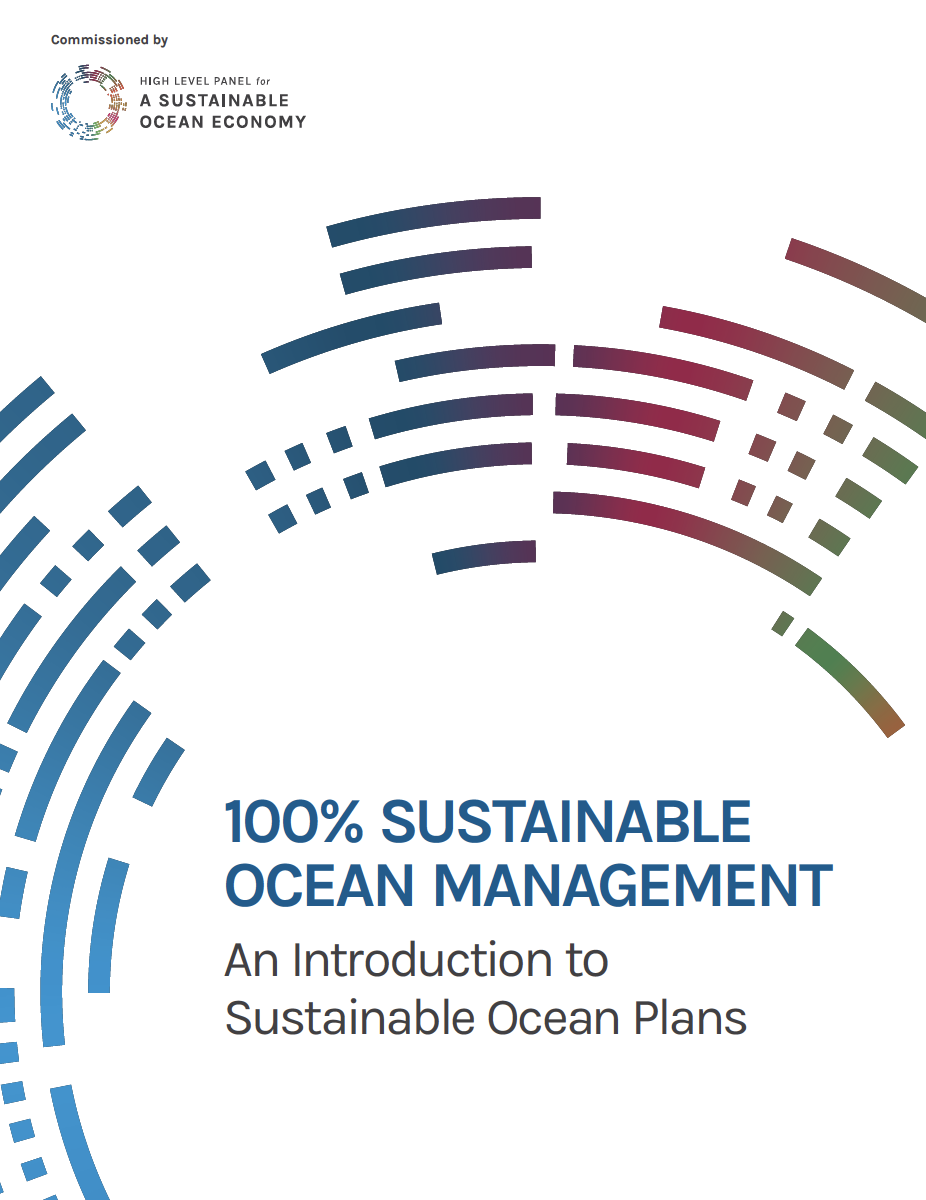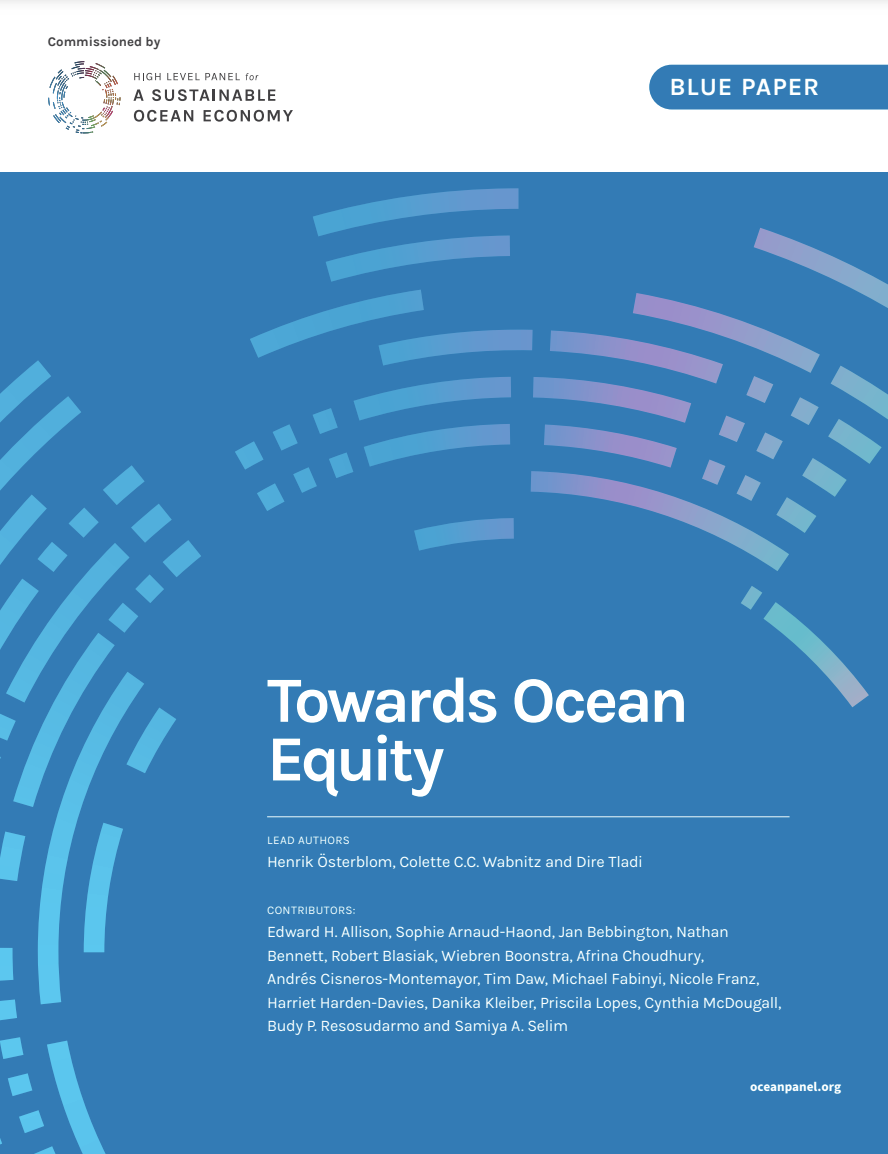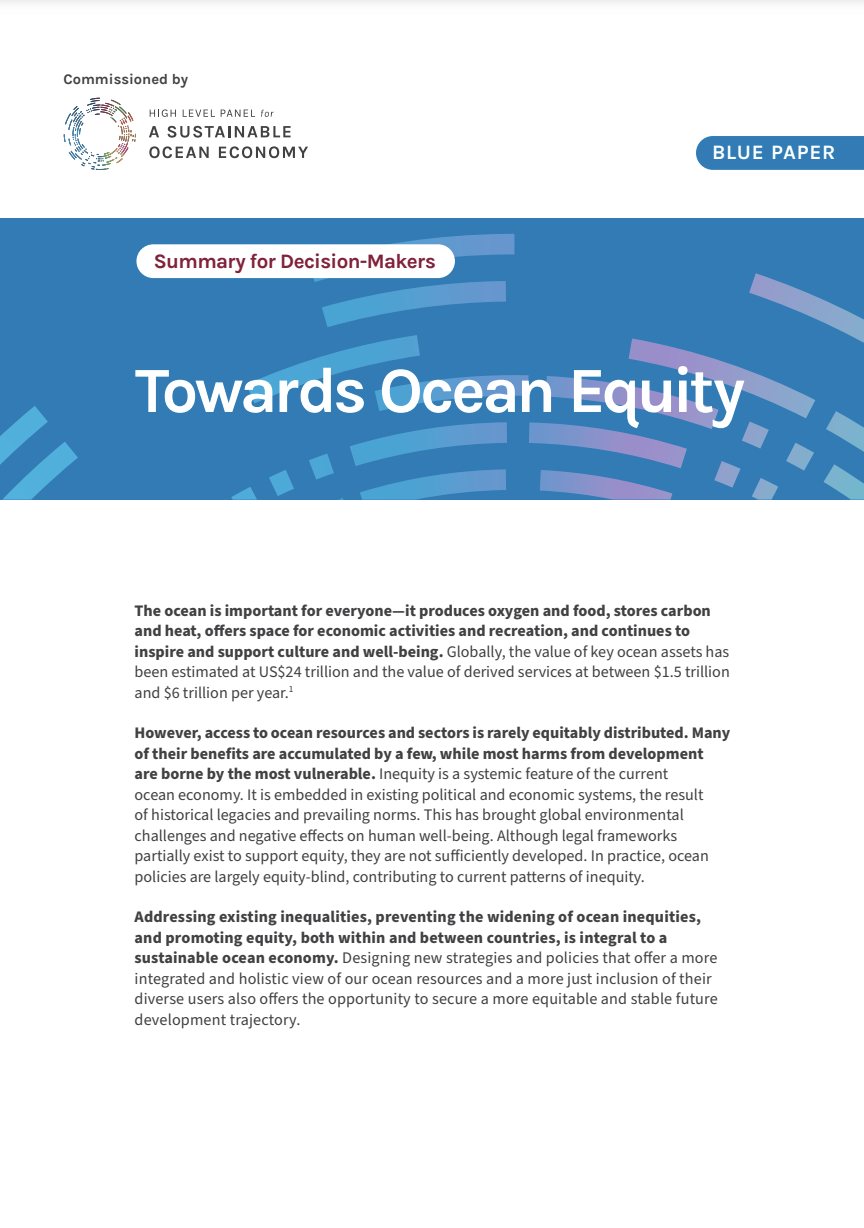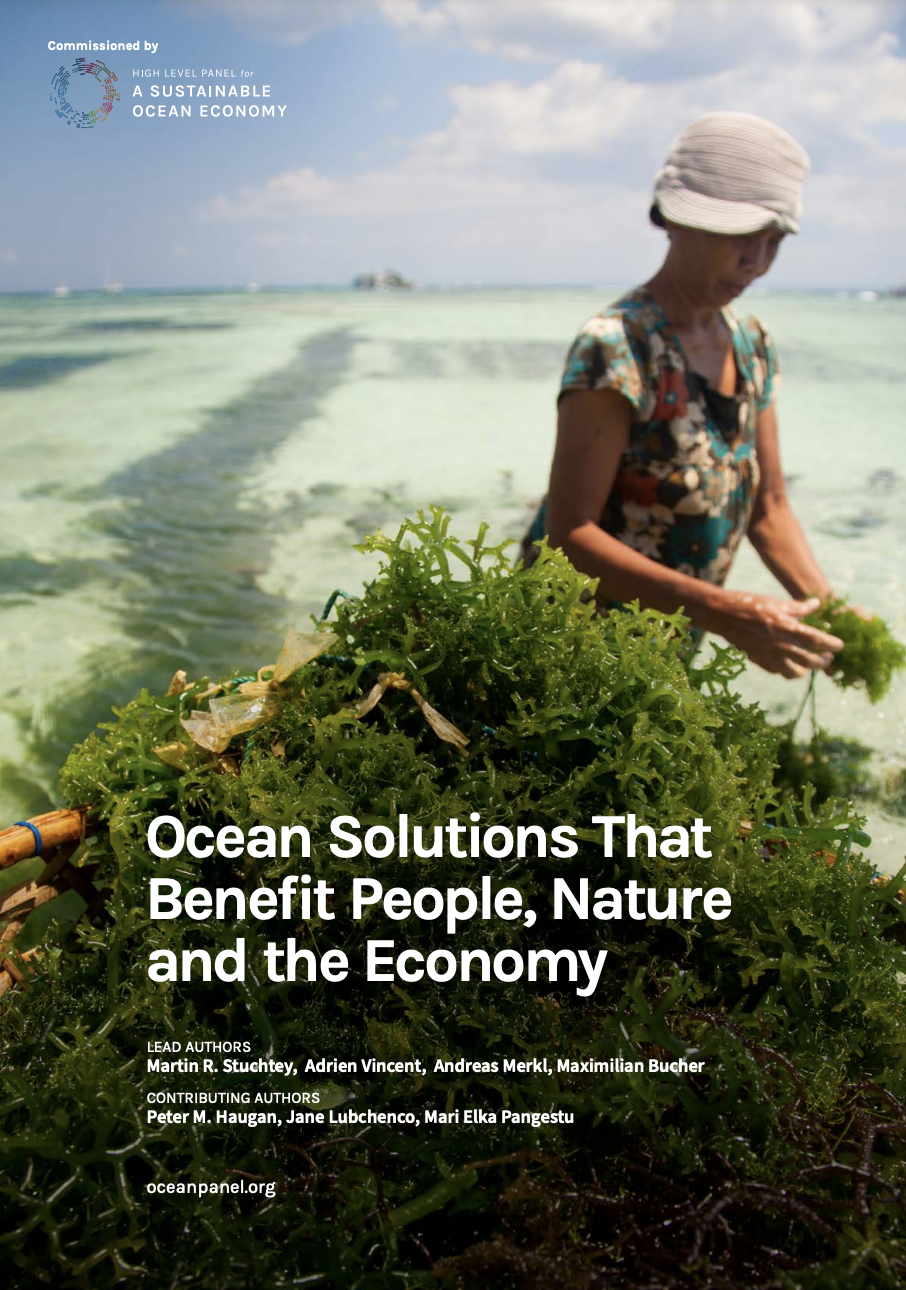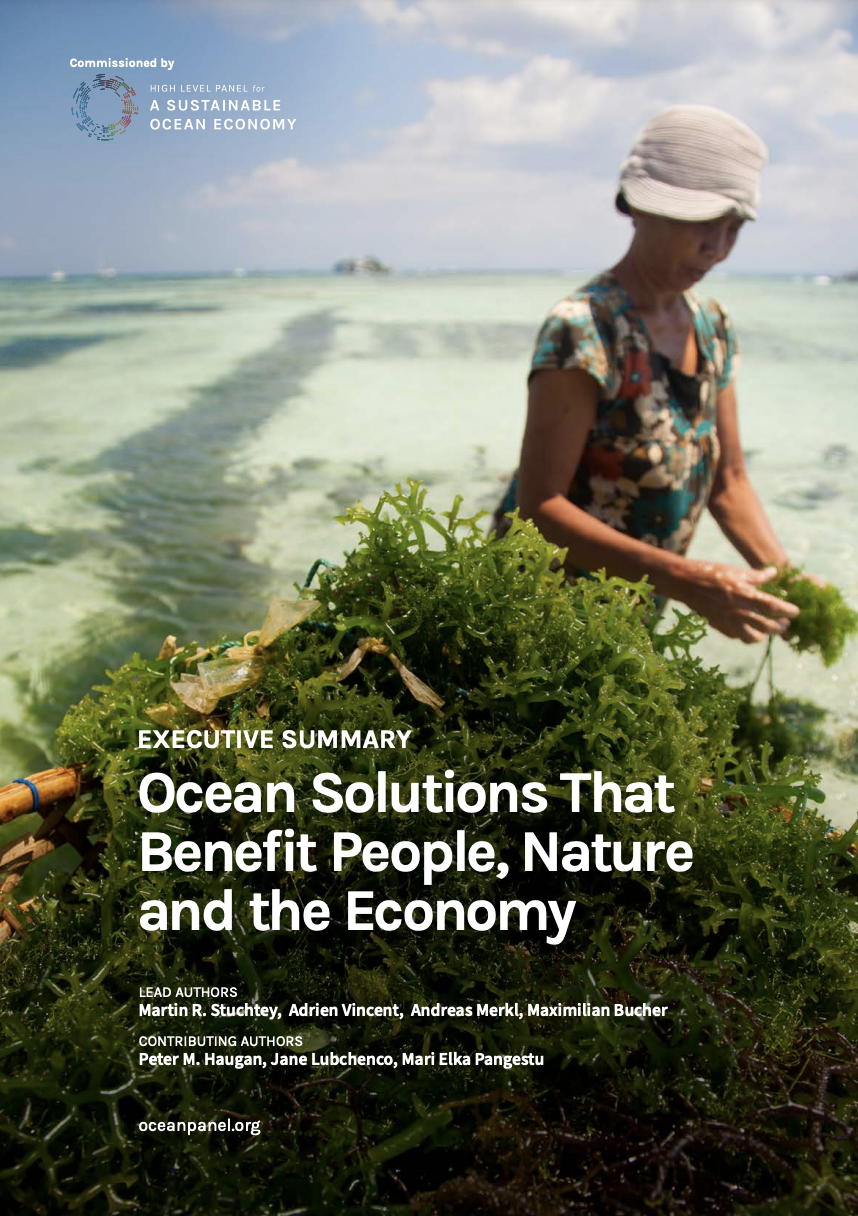Launched at COP16 In Cali, Colombia in 2024, this Blue Paper, ‘Co-producing Sustainable Ocean Plans with Indigenous and traditional knowledge holders‘ explores how Indigenous and traditional knowledge can be integrated into policymaking processes to create Plans Océan Durable.
Indigenous Knowledge Systems hold vital insights for sustainably managing ocean areas and fostering the resilience of marine ecosystems and the people that rely on them. Learning from these systems requires relationship building, adopting community-based participatory approaches and fostering mutual understanding through Indigenous ways of knowing frameworks.
Meaningful co-production of Sustainable Ocean Plans requires recognising Indigenous Peoples’ and traditional communities’ rights, respecting knowledge plurality and establishing equitable partnerships from inception. It also needs to be tailored to local contexts – Indigenous and traditional knowledge is deeply rooted in specific ecosystems, landscapes and cultural understandings of nature.
The paper highlights the following practical steps for policymakers working towards collaborative sustainable ocean planning:
- Recognise and value plurality of knowledge systems
- Prioritise equitable and accessible ocean data and knowledge systems
- Fund Indigenous and traditional-led ocean research and planning
- Address gender biases in marine science and management
Watch the webinar accompanying the report:


 Précédent
Précédent
